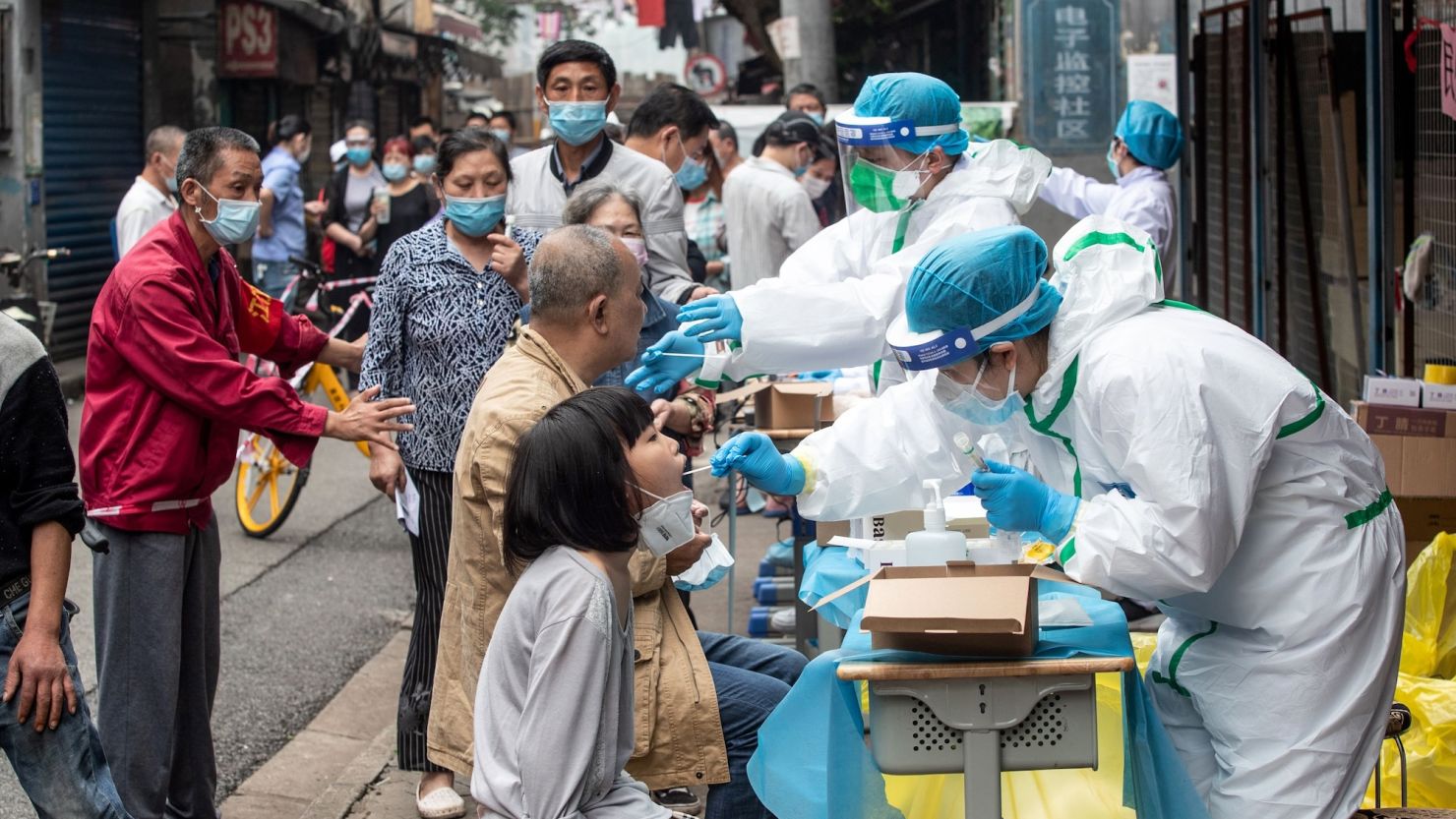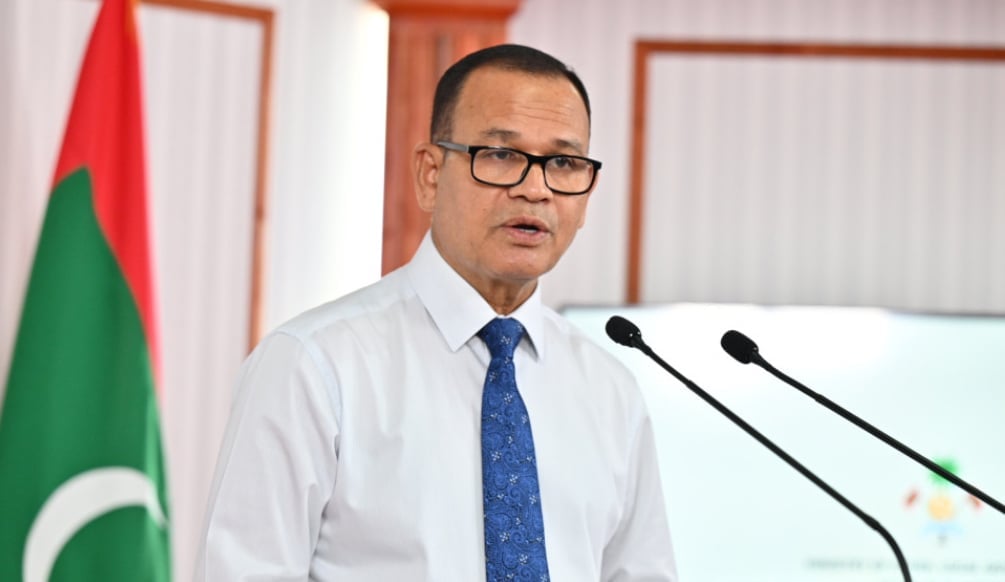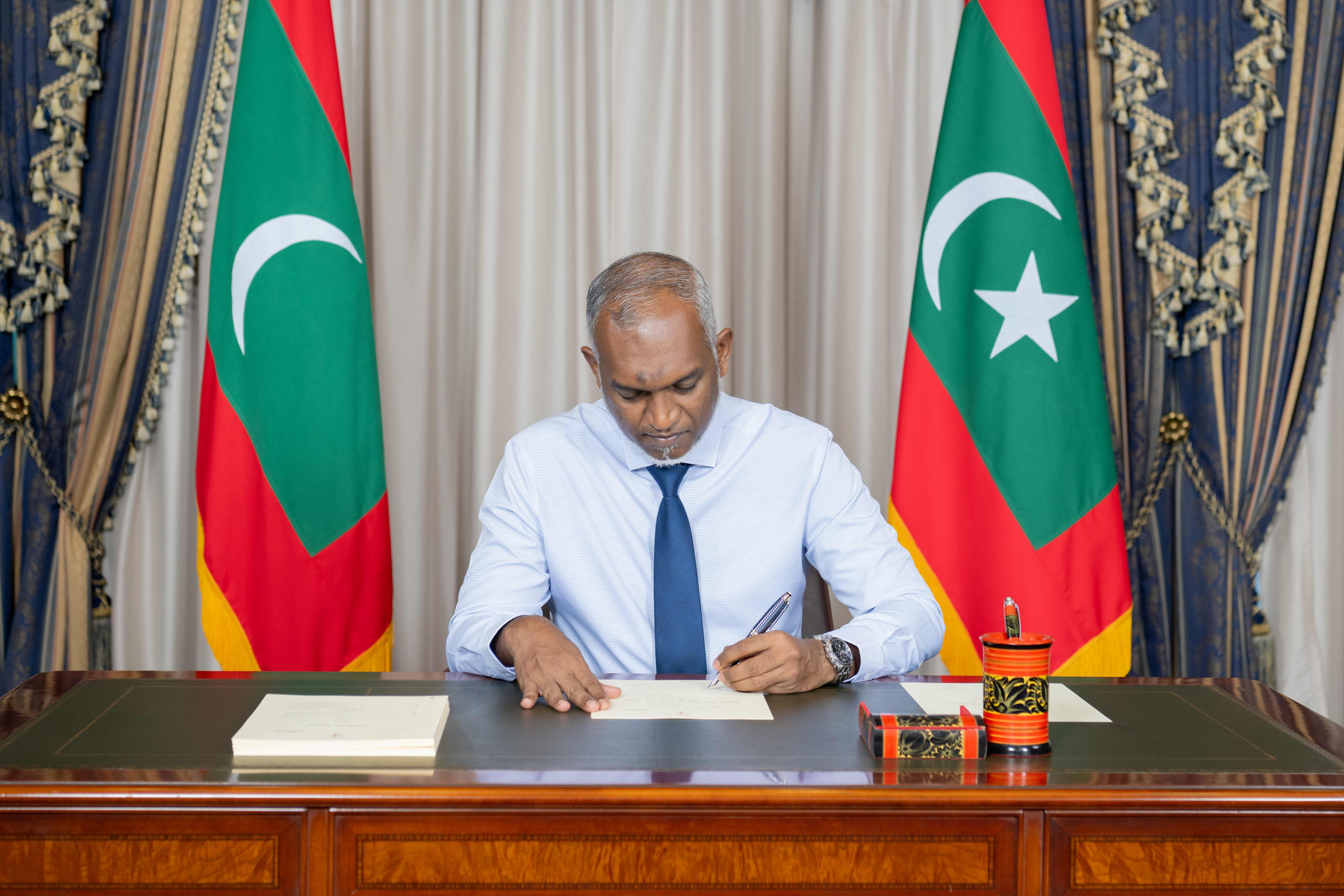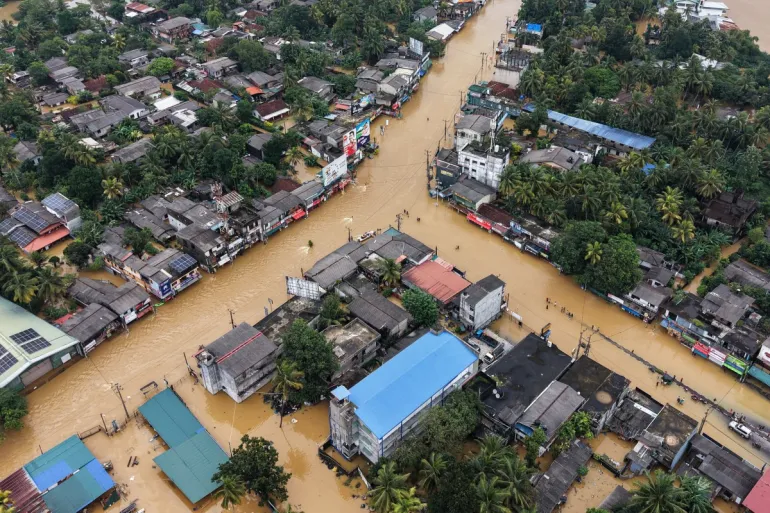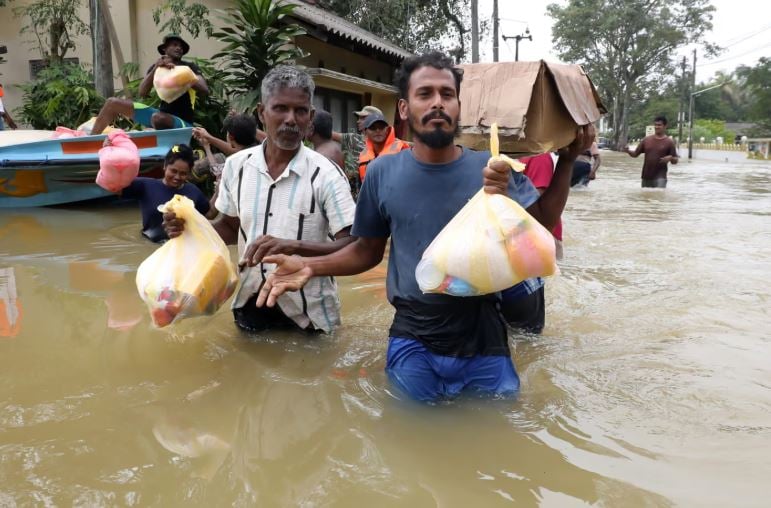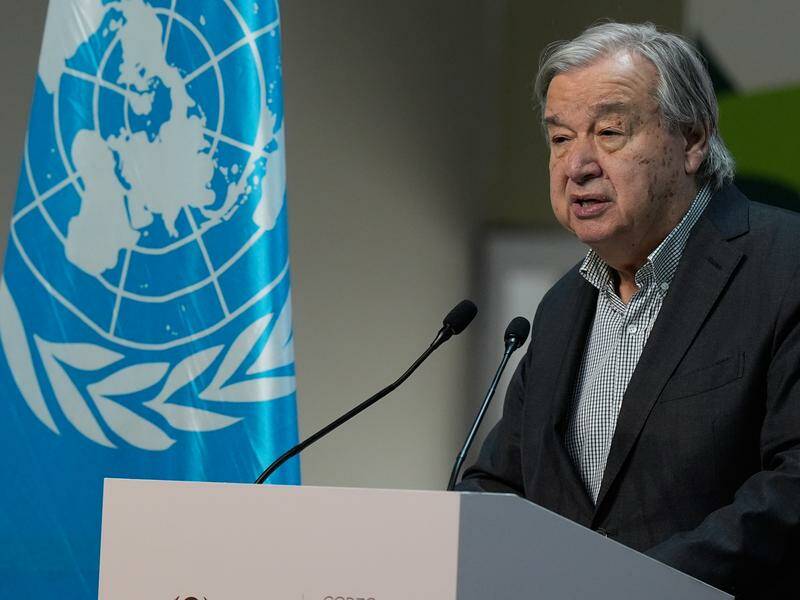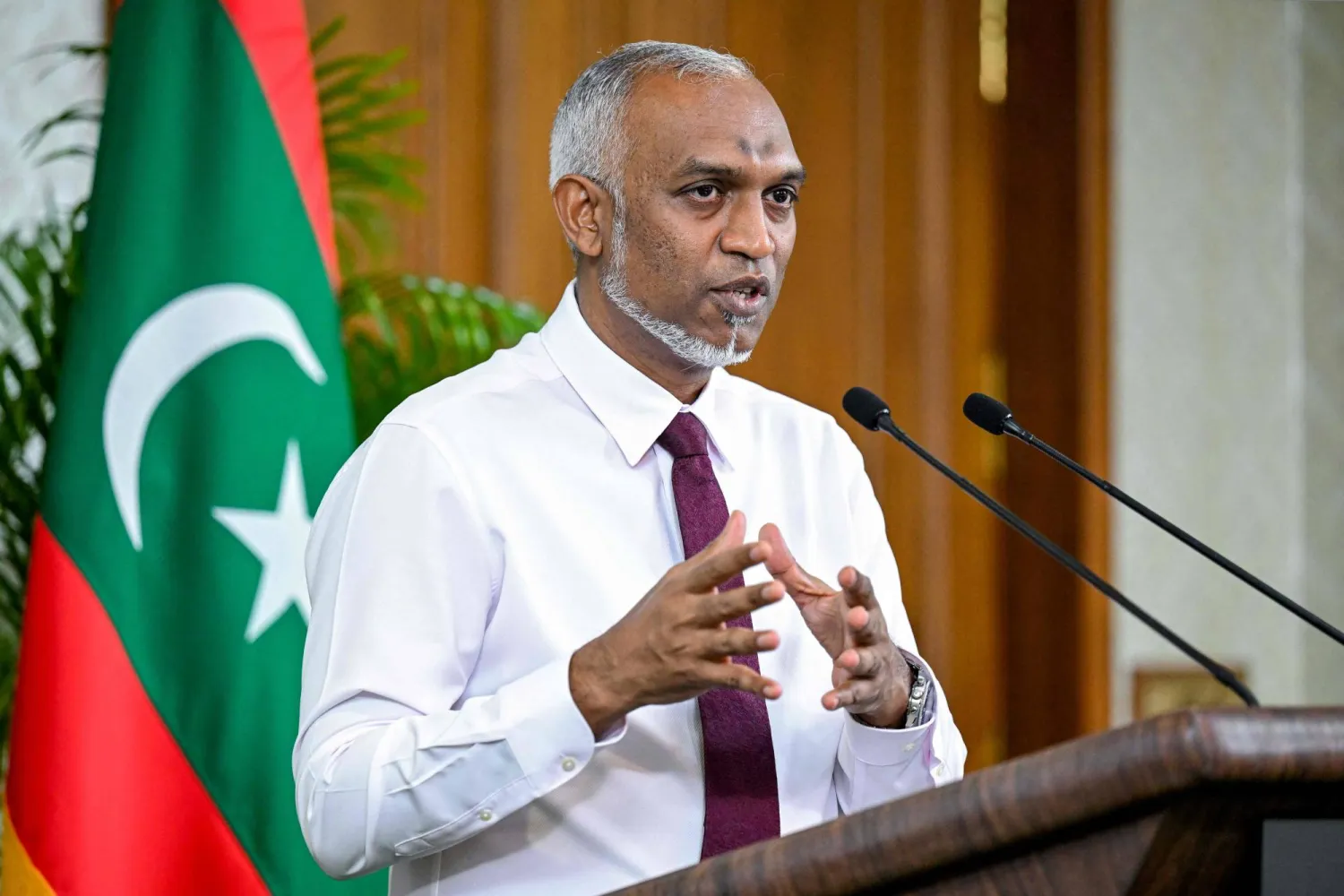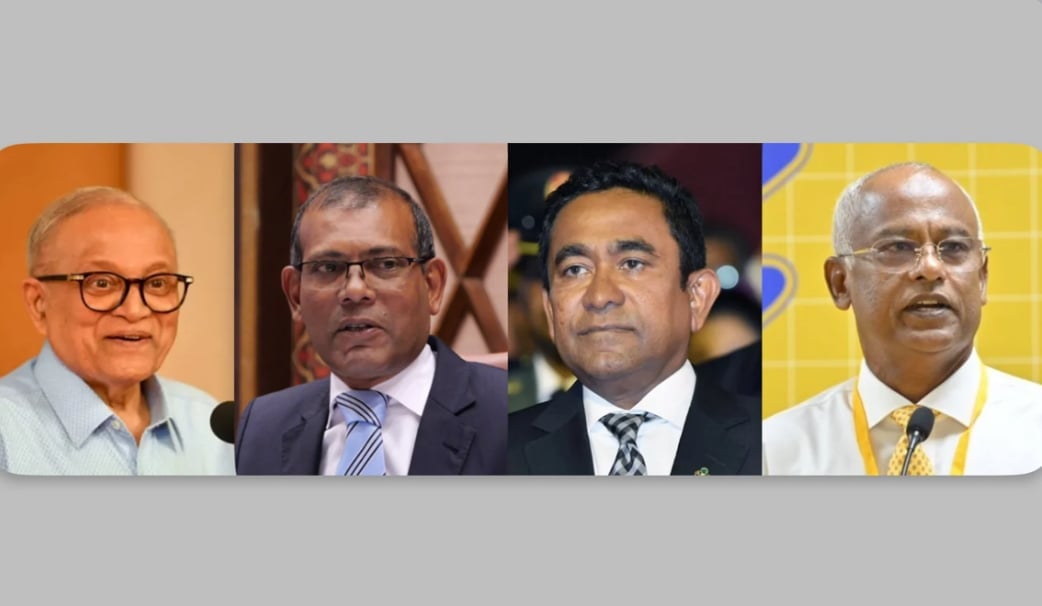Five years after the emergence of COVID-19, the World Health Organization (WHO) has renewed its call for China to share crucial data and grant access to help uncover the origins of the virus that disrupted the world.
In a statement released Monday, the WHO emphasized that understanding the origins of COVID-19 is both a scientific and moral imperative. The organization stressed that transparency, data sharing, and international cooperation are essential to prevent and prepare for future pandemics.
The pandemic, which began with cases of "viral pneumonia" in Wuhan, China, on December 31, 2019, has since claimed millions of lives, devastated economies, and overwhelmed global health systems. The WHO noted the significance of the milestone, urging the global community to reflect on the impact of the pandemic. “As we mark this milestone, we honor the lives changed and lost, acknowledge those suffering from COVID-19 and Long COVID, and express gratitude to health workers who sacrificed so much,” the statement read. “Let us commit to learning from this crisis to build a healthier future.”
WHO Director General Tedros Adhanom Ghebreyesus recently addressed global preparedness for the next pandemic, stating that while progress has been made, vulnerabilities remain. “If the next pandemic arrived today, the world would still face some of the same weaknesses that allowed COVID-19 to spread,” he said. “However, significant steps have been taken to strengthen defenses against future threats.”
In December 2021, the global community began drafting an accord on pandemic prevention, preparedness, and response. While member states have agreed on many aspects, critical issues remain unresolved, particularly around the rapid sharing of emerging pathogens and equitable access to vaccines and treatments. A key point of contention lies between wealthier nations with robust pharmaceutical industries and developing countries concerned about equitable access to resources during future pandemics. The deadline for finalizing the accord is set for May 2025.
The WHO’s latest appeal underscores the ongoing need for collaboration to uncover the origins of COVID-19. The organization warned that without transparency and cooperation, the world remains vulnerable to future epidemics. “Understanding the origins of COVID-19 is essential not only to prevent future pandemics but also to honor the millions of lives lost and those still suffering,” the WHO said.
As the world reflects on the past five years, the call for accountability and preparation remains stronger than ever.
In a statement released Monday, the WHO emphasized that understanding the origins of COVID-19 is both a scientific and moral imperative. The organization stressed that transparency, data sharing, and international cooperation are essential to prevent and prepare for future pandemics.
The pandemic, which began with cases of "viral pneumonia" in Wuhan, China, on December 31, 2019, has since claimed millions of lives, devastated economies, and overwhelmed global health systems. The WHO noted the significance of the milestone, urging the global community to reflect on the impact of the pandemic. “As we mark this milestone, we honor the lives changed and lost, acknowledge those suffering from COVID-19 and Long COVID, and express gratitude to health workers who sacrificed so much,” the statement read. “Let us commit to learning from this crisis to build a healthier future.”
WHO Director General Tedros Adhanom Ghebreyesus recently addressed global preparedness for the next pandemic, stating that while progress has been made, vulnerabilities remain. “If the next pandemic arrived today, the world would still face some of the same weaknesses that allowed COVID-19 to spread,” he said. “However, significant steps have been taken to strengthen defenses against future threats.”
In December 2021, the global community began drafting an accord on pandemic prevention, preparedness, and response. While member states have agreed on many aspects, critical issues remain unresolved, particularly around the rapid sharing of emerging pathogens and equitable access to vaccines and treatments. A key point of contention lies between wealthier nations with robust pharmaceutical industries and developing countries concerned about equitable access to resources during future pandemics. The deadline for finalizing the accord is set for May 2025.
The WHO’s latest appeal underscores the ongoing need for collaboration to uncover the origins of COVID-19. The organization warned that without transparency and cooperation, the world remains vulnerable to future epidemics. “Understanding the origins of COVID-19 is essential not only to prevent future pandemics but also to honor the millions of lives lost and those still suffering,” the WHO said.
As the world reflects on the past five years, the call for accountability and preparation remains stronger than ever.





